I gifted a recently launched book to my husband who loves to read breezy novels. This one was published by a top publishers in India and written by an established author who happens to be a famous Mumbai socialite. After reading, my husband pointed out how a character in the book who was supposed to stand on the dais in a scene magically enters the event a few paragraphs later. (No, it wasn’t a fantasy novel).
Another newly launched book which I am reading currently (based on a famous mythological character) is completely riddled with typos, repeat sentences and just lazy line editing. I apologetically wrote to its debut author on how my reading experience was being destroyed by the typos, spelling mistakes and loose paragraphs. He was kind enough to respond to me almost immediately expressing that the typos had cost him not only bad criticism but also a prestigious award. The publisher had outsourced the copy editing job and the freelancer made a complete mess of it. Now the publisher is re-publishing the book after editing it again.
There’s a lot written and spoken about bad writing and falling standards of writing in Indian English. Every time I go meet a publisher or an editor, invariably the discussion includes the kind of manuscripts that they get in their inbox every day or about the falling standards of writing in Indian English (cheap books, cheap bad writing). However, none of them seem to mention a need for a good editor.
Editing is a hard, frustrating, badly paid and anonymous job and I really bow down to those in the line. You are not recognised by anyone in media or publishing (you haven’t written the thing, so what’s your job again). And the everyday stress of typos is bad for your skin and back. But that doesn’t excuse the publishers from putting badly edited books on the shelves, less the top publishers of the country. What could be the reason that editing standards are falling down in spite of electronic editors, Microsoft Word’s automated correction and other technological help (or handicap as some editors I know might call them).
I can think of two . One, that most publishers get away with paying woefully low salaries (half of editors in the Media industry) to their editorial teams. Some of the small publishers outsource line editing and copy editing to a low-paid, newly out MA (English) graduate to save money. The result is a badly constructed book which is then blamed on authors (since editors are seldom named except in Acknowledgements from the author and who reads that anyway?)
Second, even in big publishing houses where the editorial team is a good 5-15 size, the weeding job is usually done by the lowest and the newest. Copy editing is given to the most inexperienced of the editors when you need a lot of experience to weed out a page. That’s because weeding is considered a low-level job by experienced editors, who would rather move up the ladder to plot editing and managing of a team of editors.
Or could it be that there’s just too many books and the editorial team is too small and the number of books to take out each year, just too high? Editing is hard and has to be done in layers – multiple readings of the same paragraph till words start to swim in front of your eyes. If there are a lot of titles in a week, the editor will get exhausted.
I cannot think of any other reason for the falling standard in Indian books in English. Can you? Do email me if you know of something. I would love to include it. Till then, here’s a celebration of typos (all copyrights are included in the cartoons). Enjoy madi!
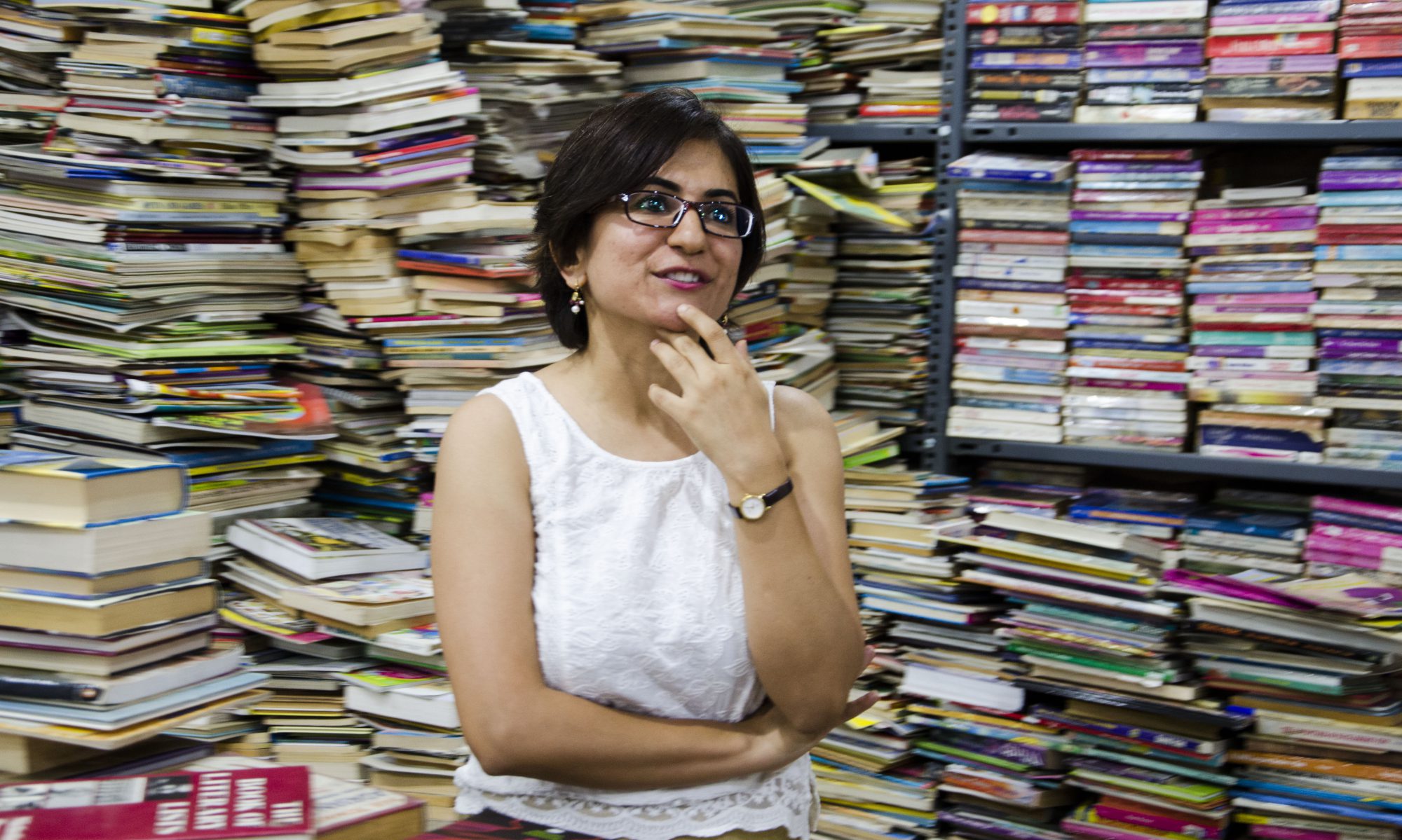
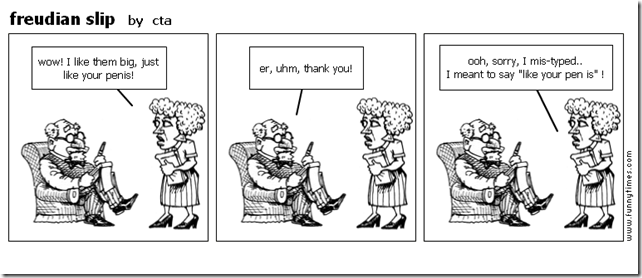
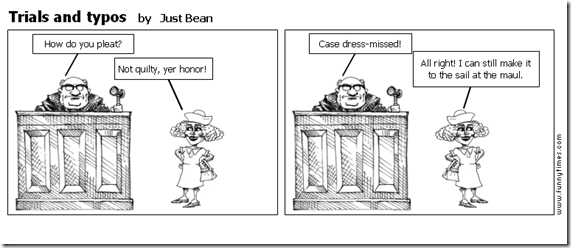
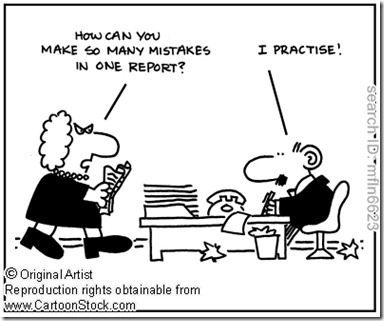
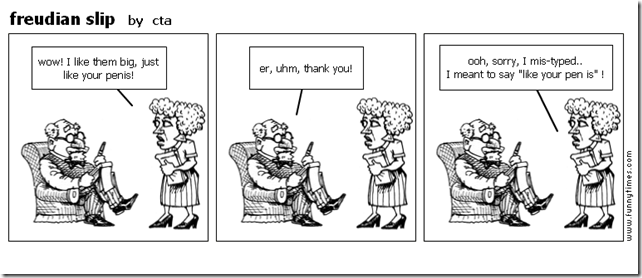
Since that is the point of this post, it should be “less” instead of “lest” @ “lest the top publishers…”
Agree. Typos and other editing errors are like finding worms in the spaghetti you ordered.
Aha. Again, that’s why we need good editors around 🙂 Thanks for pointing it out 🙂
Second sentence, first line: ‘This one was published by a top publishers in India…’ Shouldn’t that be ‘publisher’ instead of ‘publishers’? 🙂
Also, most editors wouldn’t use ‘published’ and ‘publisher’ in the same sentence, though it’s not incorrect to do so.
I was a senior editor in newspapers for close to 17 years. Really liked this blog. The points you raise are spot-on.
Hi and thanks for the correction 🙂 hope you have continued to edit!